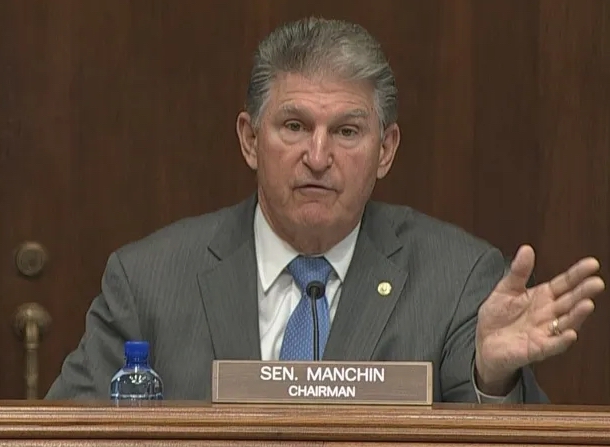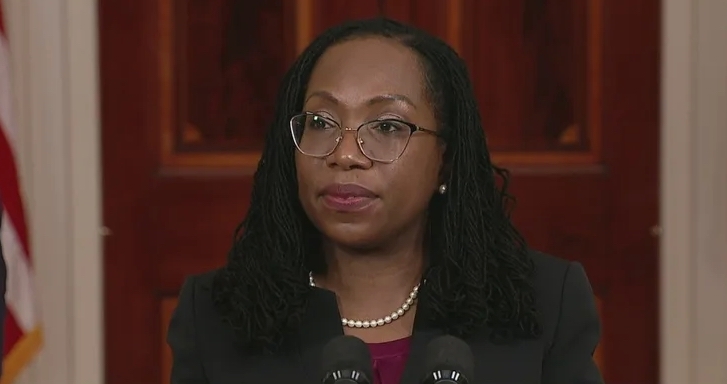Victoria Taft writes at PJMedia.com about the impact of the Supreme Court leaker’s offense.
We don’t know at this point who leaked the Supreme Court draft opinion overturning two major abortion decisions, but we do know that this “suicide bomber,” as a former law clerk called them, is guilty of obstruction of justice and, in the words of another former law clerk, “violat[ed] like, ten different procedures.”
Mike Davis, a former law clerk for Supreme Court Justice Neil Gorsuch, and who worked with the Senate Judiciary Committee on judicial nominations, … said, “You’re supposed to be dealing with the youngest, smartest, young lawyers and law grads in the country, and they have ethical obligations as young lawyers, future lawyers.” Davis, who now leads the Article III Project, said each law clerk signs agreements with the Court not to snitch. Plus, he told me, “There are federal statutes that prevent the misuse of federal property; there are federal statutes that prevent obstruction of justice.”
The chain of custody system for documents is intricate and inviolate, that is until a person decides they’re bigger than the Supreme Court’s integrity and violate it.
“The Supreme Court has an intranet system,” Davis continued, “that’s not connected to the internet when it comes to circulating drafts like this to prevent hacks and leaks like this, so this leak is bad in a lot of ways.” He says it endangers all the justices, but especially ones whom Politico reported had not signed on to the majority opinion. That number includes Chief Justice John Roberts.
Worse, Sen. Mike Lee (R-Utah), who was a law clerk for Justice Alito, the author of the majority draft opinion, says the leaker defeated several procedures put in place to keep documents from prying eyes and political saboteurs. …
… [I]n addition to violating the canon of ethics and breaking all written and spoken vows of secrecy and confidentiality, the leaker defeated at least eight security steps to secure confidential government documents.


